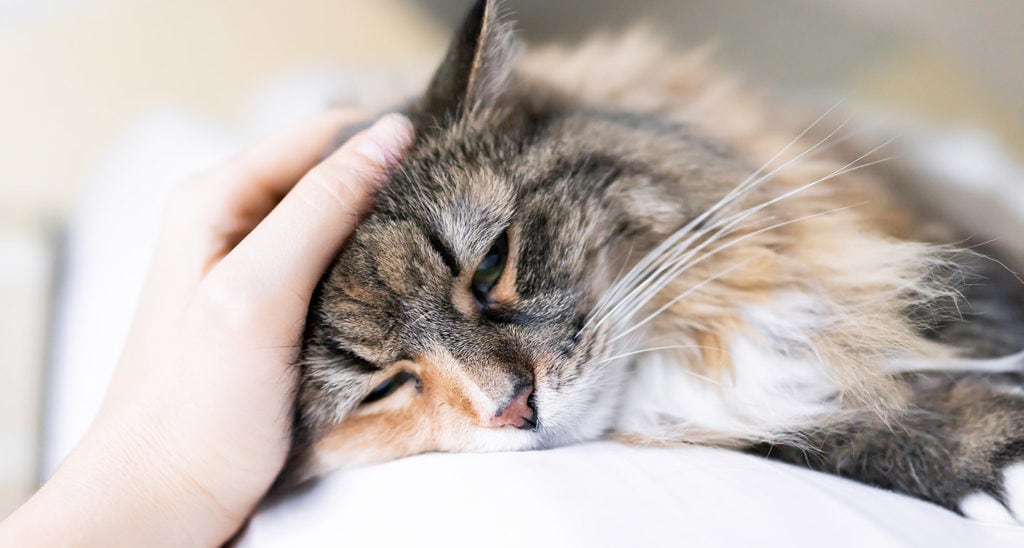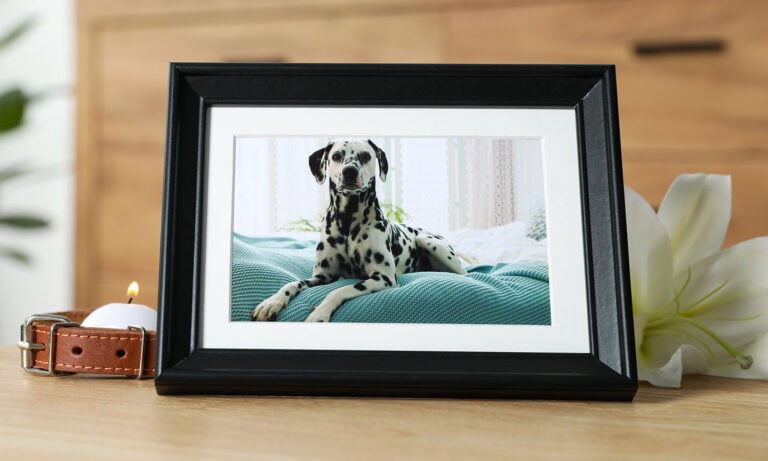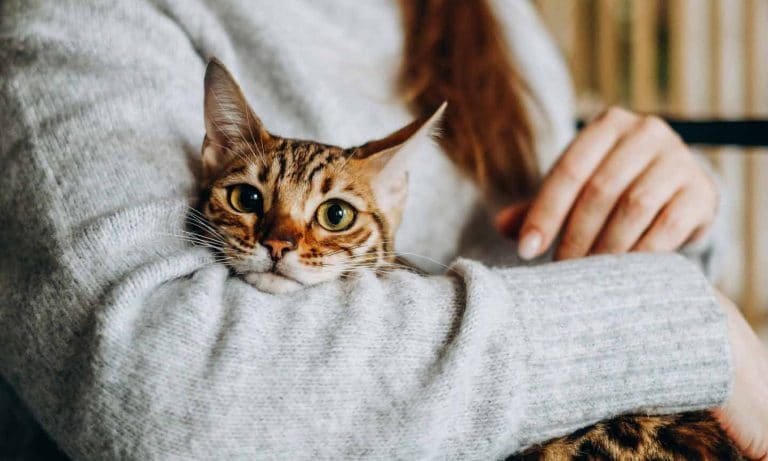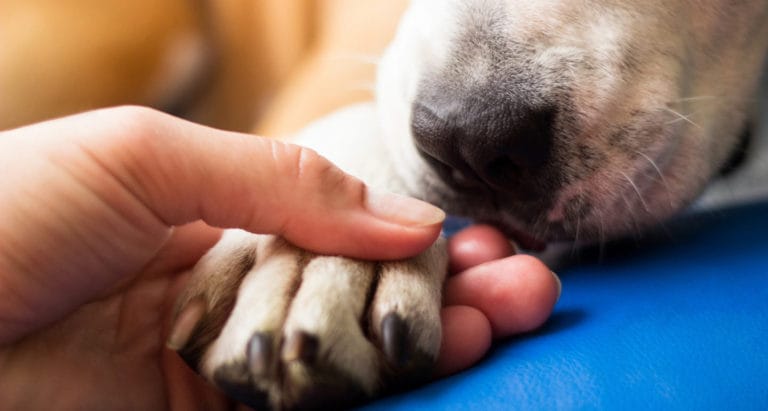Losing a beloved cat is never easy. Whether they were the only cat in your home or one of many, their passing leaves a mark—and it’s one that other cats certainly feel, too. It’s natural for pets to not just sense your sadness, but also to grieve alongside you, says Yody Blass, M.A., a certified animal behaviorist and owner of Companion Animal Behavior in Ashburn, Virginia.
“There's a grieving process that people have to go through after the loss of a pet, and their other pets pick up on their own distress or grief,” says Blass. Show yourself some grace while mourning this four-legged family member, says Anna Aslanian, L.M.F.T., founder and director of My Therapy Corner. “Grief is what we feel; it’s not a decision we make,” she says. “It doesn’t matter if it’s a human being or an animal. In fact, many people feel deeper connections with their pets than with other human beings. This is because our pets don’t judge us; they are all-accepting. That is the foundation of true love and emotional safety.”
At some point, though, you may be considering bringing a new cat (maybe even a new kitten) into the mix. But how do you know when it’s time to get a new cat after the passing of a feline friend? The answer isn’t one size fits all. Luckily, there are some key ways to tell not only if you’re ready, but also if your other pets are, too.
In This Guide
When to Get a New Cat After One Dies
There’s no universal answer about when to introduce a new friend to the household after one cat dies, but two to four months—ideally longer—is a good starting point to give other cats time to adapt, says Blass. “I don't think rushing into it is a good idea,” she says. “Cats need time to adjust to something new or different. It'll be a more successful acquisition if the cat has already gotten through some of the challenges of losing another pet.”
Watch out for shifts in dynamics if you have multiple cats at home, as the loss of one beloved pet can upset the relationships among the group. For example, if the deceased cat was a leader in your home, creating harmony within your group of pets, the other cats may start to act up or chase each other. Conversely, if the previous cat was a bit of a bully, the surviving cat or cats may actually be more comfortable and calm. All of this should be taken into account when considering whether and when to bring a new cat into the mix.
“It's a delicate decision,” says Blass. But if you do go forward with getting another cat, be sure to do a gradual introduction: Keep them in separate rooms at first, she explains, so they can get used to each others’ scent. “I caution people to take their time and create that positive association without visuals at first,” Blass says. (Read more about how to introduce cats, according to a vet.)
It’s natural to have complicated or conflicting emotions when you bring a new kitty into the home. The loved one you lost “will always have a special place in our heart, and another will create new space in your heart,” says Aslanian. “They aren’t there to replace each other.”
You also need to heal after losing a furry best friend, and “everyone grieves differently,” she says. “There is no timeline that’s correct or wrong. When we love, we grieve deeply when it’s lost.”
To help both you and any existing grieving pet cope with the loss, Blass says simply spending quality time with your pet can make a big difference. Try:
- Sitting quietly with your cat
- Brushing them
- Snuggling
- Playing with a new toy
- Giving them some extra attention in another way they enjoy
“It's as much for you as it is for them,” Aslanian says. “You need to go through a process so that you can move forward, too, and you can include your cat in that.” (Find more ideas about how to mourn and honor a pet after a death.)
You may want to consider speaking with a mental health professional, such as a therapist (bonus points if they are also a cat lover), to help you process the loss or joining a pet loss emotional support group, says Aslanian. “You can also think about how you can continue to love your old cat symbolically,” she adds, “by volunteering at a local shelter, making a donation in their name, or going to places they loved and writing them a letter.”
Remember, too, that not all cats are destined to get along, grief or no grief. A senior cat who’s used to the company of adult cats might react poorly to a new kitten, for example. Find out if your household is ready for another cat.
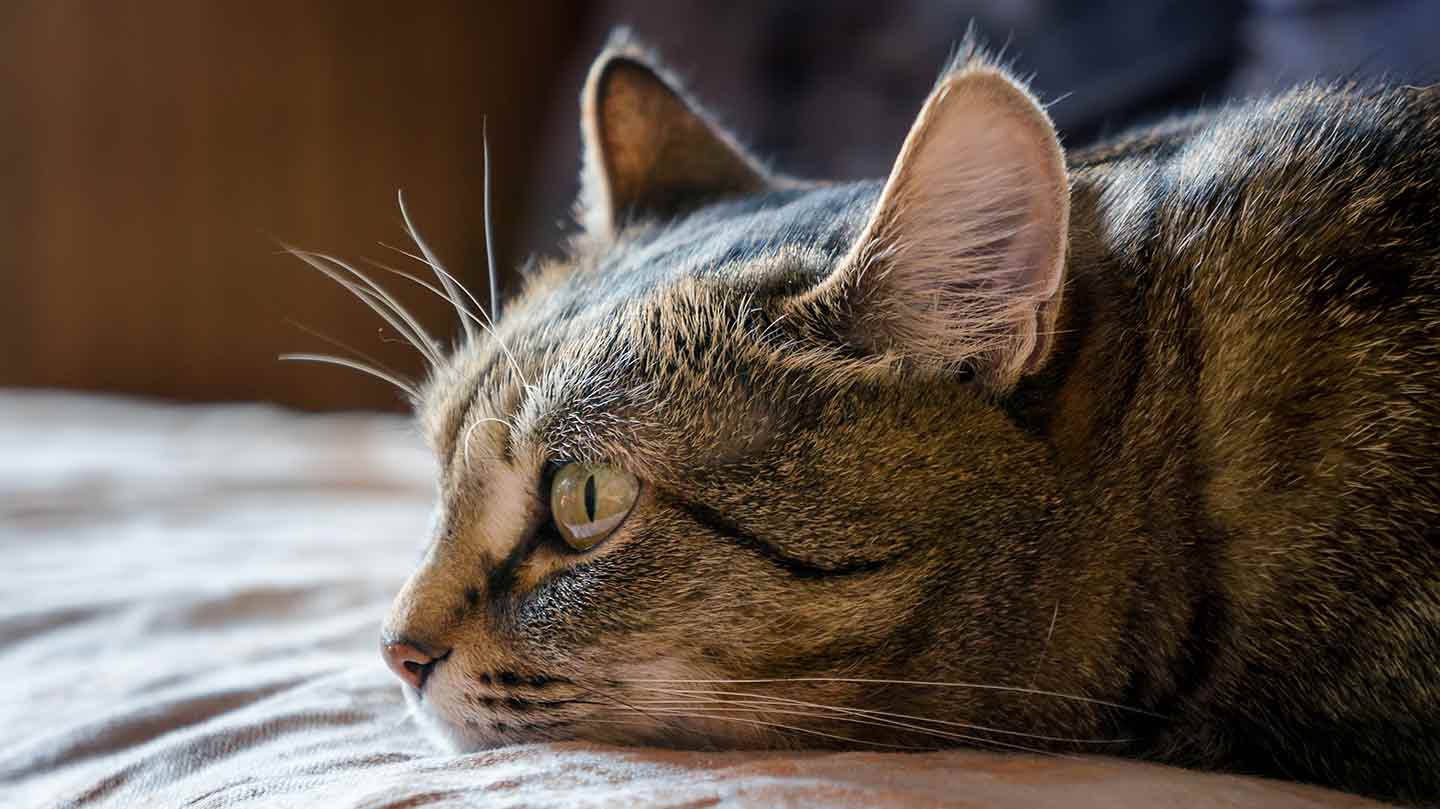
Can Cats Sense the Death of Another Cat?
If the passing of an older cat wasn’t sudden but due to declining health, it’s likely any other cat in your home knew something was happening well before you did, says Blass. Cats can pick up on another cat's illness or changes in sensory abilities, such as if they are losing sight or hearing, adds Blass.
“For most cases—of course there are exceptions—they already knew the cat's been sick for awhile,” she says. “They may not know it intellectually, but they sense these things. It’s not that they have some sixth sense, but there’s an acceptance to it.”
Do Cats Miss Other Cats?
The short answer is yes, says Blass, but cats don’t always show their emotions or grief as outwardly as other animals such as dogs, or wild animals like elephants, who are known to mourn their own, she adds. Cats seem to understand death, she suggests. “It's different when one of their owners dies, of course, but with other animals, I think they just kind of have this acceptance,” she says. However, bonded pairs can have a more difficult time or a stronger reaction; more on this below.
Regardless of how they accept this new reality, cats will still be aware that something in their life, in their house, and with you is different. To make the transition a bit easier on them, Blass suggests keeping some things from the cat who passed — at least in the beginning. Maybe keep their cat bed or a blanket they slept on. “I think it’s nice for them to have the [familiar] smell there for a little while,” she says.
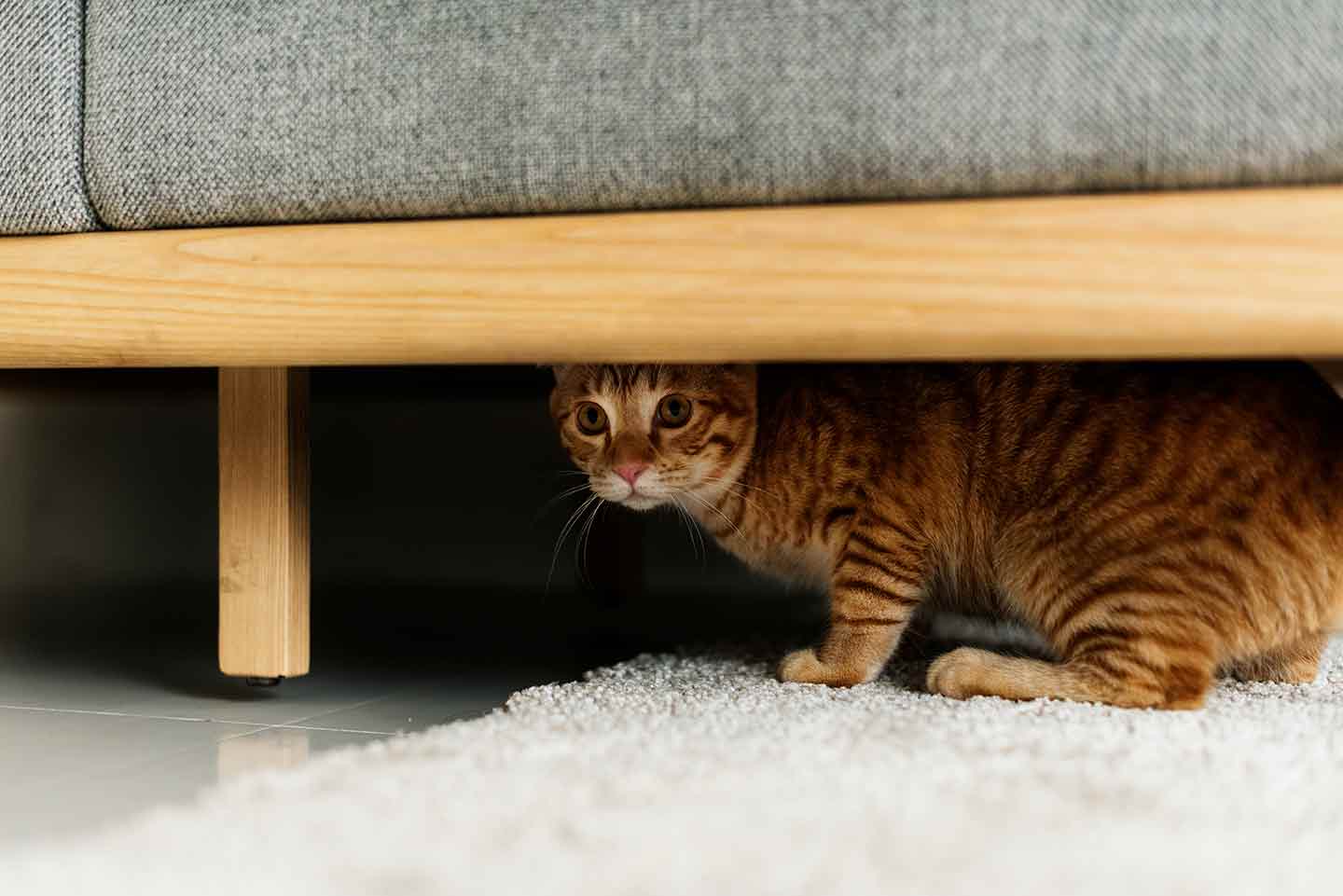
Cat Grief Symptoms
Signs of a grieving cat are usually anything considered a “change in their behavior that is excessive or different than what was going on before,” says Blass. However, some of these signs can be subtle and will vary in severity from cat to cat. They can include:
- Not eating or drinking
- Excessive vocalizing
- Excessive sleeping
- Withdrawing from humans
- Issues using the litter box
- Overattachment or separation anxiety
- Excessive grooming
- Excessive chewing
Note that some cats can have a delayed reaction to a loss, says Blass. “Right after, they might seem normal, but then there might be certain things that remind them of the other cat or they realize that the cat's not coming back,” she says. “Some animals, like people, can have more of a prolonged grieving process.” This is why it’s important to get through all the ups and downs to ensure your cat is settled and consistently acting normal again before introducing a new cat.
Other Tips for When One of a Bonded Pair Dies
When two cats have bonded, grief can hit the cat who’s left behind even harder, says Blass: “I do think they notice the loss more … it’s definitely more pronounced.” After a loss of their feline companion, the remaining bonded cat may become more clingy or need more reassurance from you, and they may even stop eating, she says. “They’ll show obvious signs of distress, and it can take longer for them to recover,” she says. “Bringing in another cat may backfire if they’re not ready because this isn’t who they know, or who they were with.”
Forever Loved
Share:
